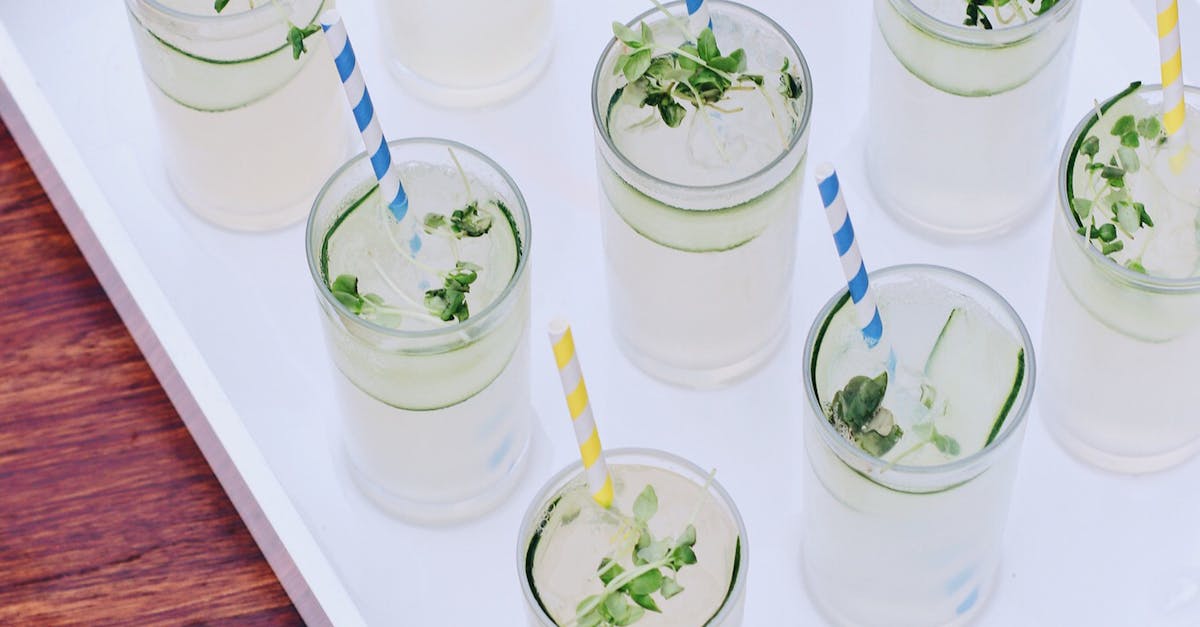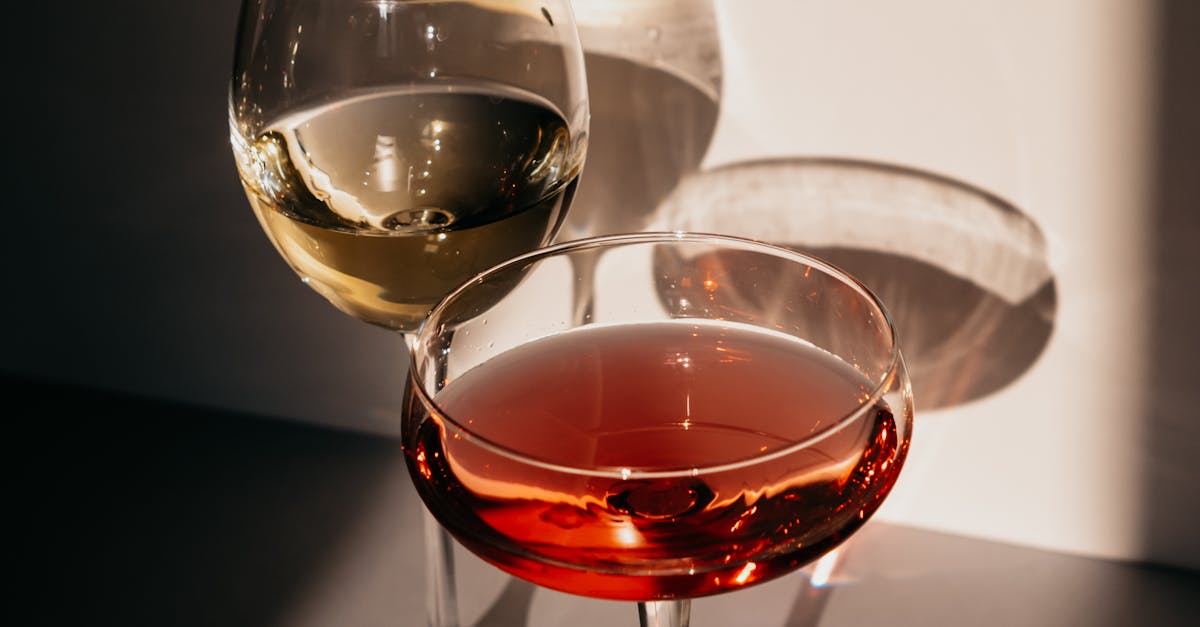When planning a private party where alcohol will be served, one of the most important considerations is whether a liquor license is required. The rules governing the serving of alcohol can vary significantly depending on your location, the nature of the event, and other factors. To help you navigate these regulations, we’ve compiled a list of essential points to consider regarding liquor licenses for private parties.
| Item | Description |
|---|---|
| Type of Event | Determine if your gathering is a private or public event. |
| State Regulations | Research your state’s specific liquor laws. |
| Duration of Event | Consider the length of time alcohol will be served. |
| Number of Guests | Assess the size of your guest list. |
| Type of Alcohol Served | Identify if you’re serving beer, wine, or spirits. |
| Location | Understand the rules of the venue where the event is held. |
| Host Responsibilities | Know your responsibilities as the event host. |
| Insurance Considerations | Look into liability insurance for serving alcohol. |
| Permits | Check if you need special permits for your event. |
| Consult a Lawyer | Seek legal advice for clarity on local laws. |
Type of Event
The nature of your gathering is crucial in determining whether a liquor license is needed. Private events typically do not require a liquor license if alcohol is provided for free. However, if you plan to sell alcohol or if the event is open to the public, a license may be necessary.

State Regulations
Liquor laws differ from state to state, and even within local jurisdictions. It is essential to familiarize yourself with the specific regulations in your state. Some states have stricter laws regarding alcohol service at private events, while others may be more lenient.

Duration of Event
The length of time alcohol is served can impact licensing requirements. Short gatherings that offer alcohol for a few hours may have different regulations compared to all-day events. Always check local laws to ensure compliance based on the duration of service.

Number of Guests
The size of your guest list can also dictate whether a liquor license is needed. Smaller, intimate gatherings may not require a license, but larger events, especially those that invite the public, often do. Consider the potential crowd size when planning your event.

Type of Alcohol Served
Different types of alcoholic beverages may have varying regulations. Serving beer and wine might be treated differently than serving spirits. Understanding these distinctions can help in determining whether a liquor license is necessary for your event.

Location
The venue where your event takes place plays a significant role in licensing requirements. If you’re hosting at a rented space, the venue may have its own policies regarding alcohol service. Always check with the venue management to ensure compliance with their rules.

Host Responsibilities
As the host, you have certain responsibilities when serving alcohol. This includes ensuring that guests drink responsibly and are of legal drinking age. Familiarizing yourself with your obligations can help avoid legal issues related to alcohol service.

Insurance Considerations
Consider obtaining liability insurance if you are serving alcohol at your event. This insurance can protect you from potential claims related to alcohol-related incidents. Some venues may even require proof of insurance before allowing alcohol service.

Permits
In some cases, you may need to apply for a special permit to serve alcohol at your private event. This is often the case for large gatherings or events held in public spaces. Check with your local licensing authority to determine if you need to apply for a permit.

Consult a Lawyer
If you are unsure about the legal requirements for serving alcohol at your private party, it is wise to consult with a lawyer familiar with liquor laws in your area. They can provide guidance and help you navigate any complexities involved in your specific situation.

FAQ
Do I need a liquor license for a small private party at my home?
Typically, you do not need a liquor license for a small private party at your home where alcohol is provided for free. However, if you plan to sell alcohol or if the event is open to the public, you may need a license.
What are the penalties for serving alcohol without a license?
Penalties for serving alcohol without a license can include fines, legal action, and potential liability for any incidents that occur as a result of serving alcohol.
Can my venue provide the liquor license?
Some venues may have a liquor license that covers events held on their premises. Always check with the venue to see if they can provide this service or if you need to secure your own license.
How can I find out the liquor laws in my state?
You can find information on liquor laws by visiting your state’s alcohol beverage control website or contacting your local licensing authority.
References:
– [National Alcohol Beverage Control Association](https://www.nabca.org/)
– [U.S. Alcohol and Tobacco Tax and Trade Bureau](https://www.ttb.gov/)
– [State Liquor Control Boards](https://www.ttb.gov/faq/liquor-control-boards)
